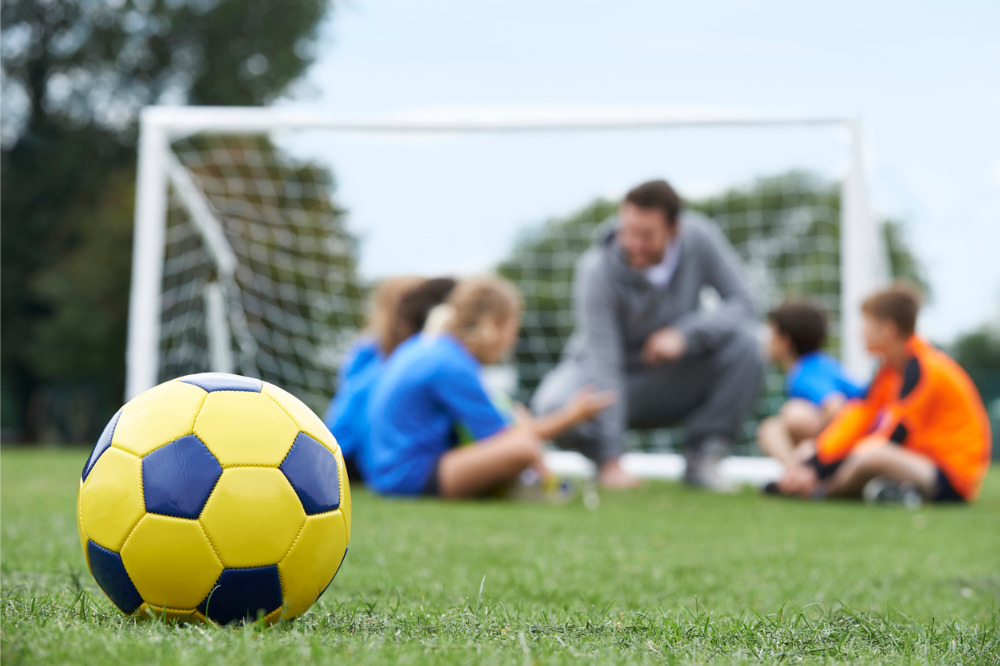In today’s fast-paced and highly competitive world, academic performance alone is not enough to succeed in life. The importance of extracurricular activities cannot be emphasized enough, as they help in developing skills, leadership qualities, social skills, and well-rounded personalities. These activities are not just about fun and entertainment; they contribute significantly to the overall growth and development of a student. In this blog post, we will discuss the importance of extracurricular activities, with a particular focus on after school learning programs.
What are Extracurricular Activities?
Extracurricular activities are those activities that students participate in outside of the regular classroom setting. They are designed to complement the academic curriculum and provide opportunities for students to learn new skills, explore their interests, and develop their personalities. Extracurricular activities can take many forms, including sports, music, drama, debate, in-person volunteering, and academic clubs.

Importance of Extracurricular-Activities
Extracurricular activities play a vital role in the overall growth and development of a student. Here are some of the reasons why they are important:
- Skill Development: Extracurricular activities provide students with opportunities to develop new skills that are not necessarily taught in the classroom. For example, participating in a sports team can help develop teamwork, communication, and leadership skills.
- Exploration of Interests: Extracurricular activities allow students to explore their interests and passions. This can help them discover new talents and skills that they may not have known they had.
- Improved Academic Performance: Participating in extracurricular activities has been shown to improve academic performance. Students who participate in after school learning programs tend to have higher grades and better attendance records than those who do not.
- Socialization: Extracurricular-activities provide opportunities for students to interact with their peers in a non-academic setting. This can help them develop social skills, such as communication, teamwork, and leadership.
- Personal Growth: Extracurricular-activities provide opportunities for personal growth and development. For example, participating in a volunteer program can help students develop empathy and compassion, which can be beneficial in any career.
- Building a Strong College Application: Extracurricular-activities can help students build a strong college application. Colleges and universities look for well-rounded students who have demonstrated leadership qualities, community involvement, and a passion for learning.

The Benefits of Extracurricular Activities
- Improved Academic Performance: Research has shown that students who participate in extracurricular activities tend to perform better academically than those who do not. This is because extracurricular activities teach students important skills such as time management, goal setting, and self-discipline, which can be applied to their academic studies.
- Opportunities for Leadership: Extracurricular activities provide students with opportunities to develop leadership skills. When students take on leadership roles in a particular activity, they learn how to manage others, communicate effectively, and make important decisions. These skills can be highly valuable in the professional world, where leadership is highly valued.
- Increased College Admissions: Extracurricular activities can also increase a student’s chances of being accepted into college. Admissions officers often look for well-rounded students who have participated in extracurricular activities, as they believe that these students are more likely to succeed in college and in life.
- Improved Health and Well-being: Extracurricular activities can also have a positive impact on a student’s health and well-being. Engaging in physical activities such as sports or dance can improve a student’s physical fitness and reduce their risk of developing health problems such as obesity or diabetes. Participating in activities that promote mental wellness, such as mindfulness or yoga, can also help students reduce stress and improve their mental health.
Conclusion
In conclusion, extracurricular activities are essential for the overall growth and development of a student. They provide opportunities for students to develop new skills, explore their interests, and gain valuable life experiences. After school learning programs are a type of extracurricular activity that can provide students with additional academic support and resources that they may not have access to during regular school hours. Participating in extracurricular activities can help improve academic performance, boost confidence, and prepare students for the future. Whether it’s sports, music, drama, volunteering, or, extracurricular-activities offer numerous benefits that can help students succeed in life.
Related Tag: Jacksonville Tutoring Services


